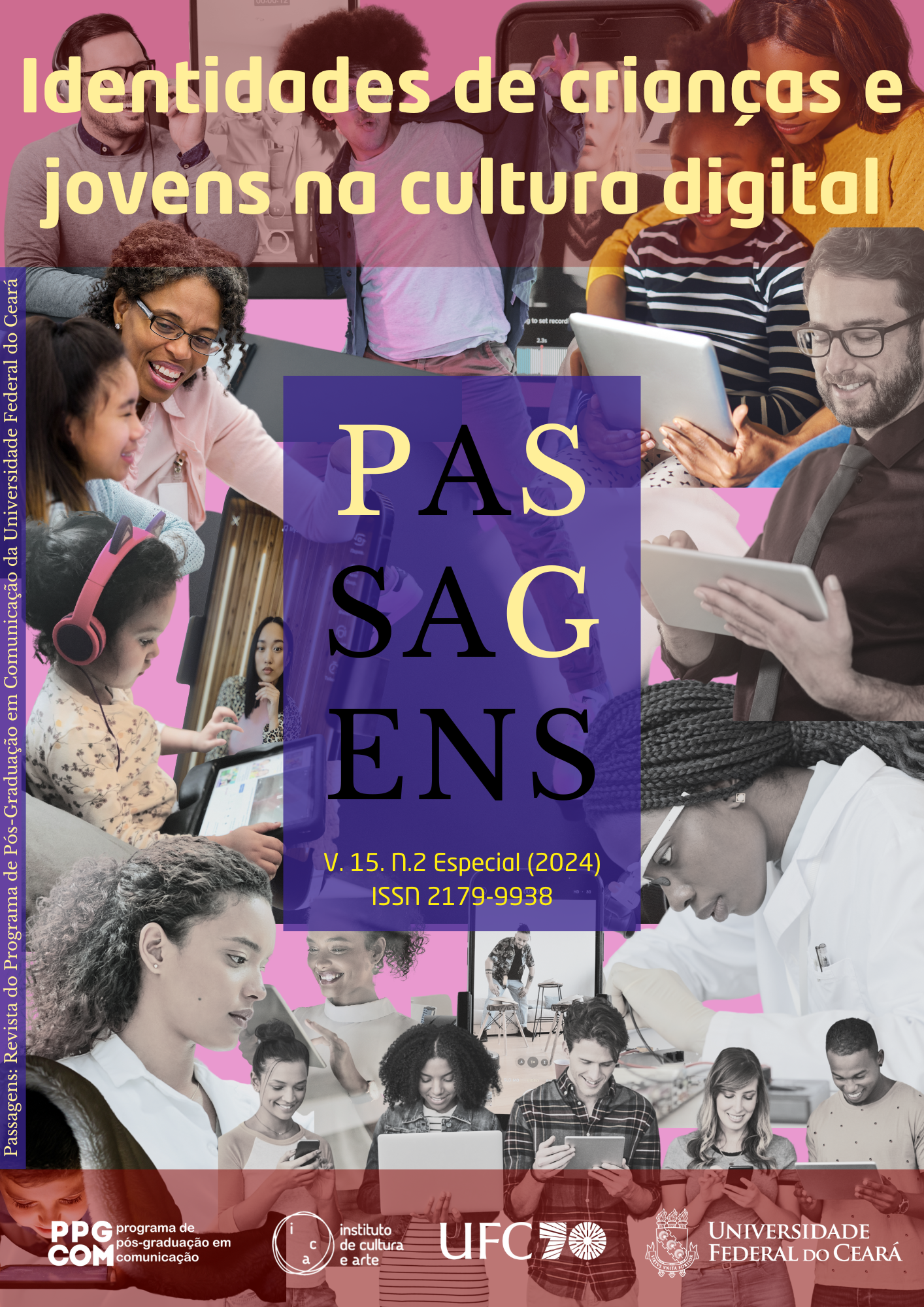ASPIRATIONAL IDENTITIES, ACADEMICS, AND DIGITAL ACTIVITIES
Identidades aspiracionais, acadêmicos, e atividades digitais
DOI:
https://doi.org/10.36517/psg.v15i2%20especial.94457Resumen
Even in highly developed economies, the gaps generated by digital [dis]advantage have been the object of study for over a quarter of a century. Nonetheless, they are persistent even among young adults who many assume to have “grown up digital.” In this research, we push back against assumptions of digital ubiquity for young people living in the U.S. by considering the impacts of digital inequality on aspirational identities, as well as the relationships between digitally mediated activities and academic achievement. Our case study is ideally suited to this purpose as the majority of the students attend a Title 1 School with a majority low-SES population. We take a multi-method approach that we present in two complementary approaches in our analysis of our original survey data with over seven hundred youths with a subset of matched interviews producing qualitative data. Using QCA, we perform a series of sufficiency tests to predict membership in prespecified outcome sets; that is, we assess the degree to which cases characterized by given antecedent conditions exhibit a shared outcome. Doing so allows us to chart our configurations for two academic outcomes related to academic achievement and two outcomes relating to intensity of internet search. In the second part of the analysis we turn to the qualitative data to probe how these patterns shed light on digital and aspirational identity work. Concluding the article, we consider how the nexus between digital activities and aspirational identity work must be addressed both in the U.S. and indeed globally.
Descargas
Publicado
Cómo citar
Número
Sección
Licencia
Derechos de autor 2024 Passagens: Revista do Programa de Pós-Graduação em Comunicação da Universidade Federal do Ceará

Esta obra está bajo una licencia internacional Creative Commons Atribución 4.0.
A aceitação do trabalho para a publicação implica a transferência de direitos do autor para a revista, sendo assegurada a ampla disseminação da informação.

